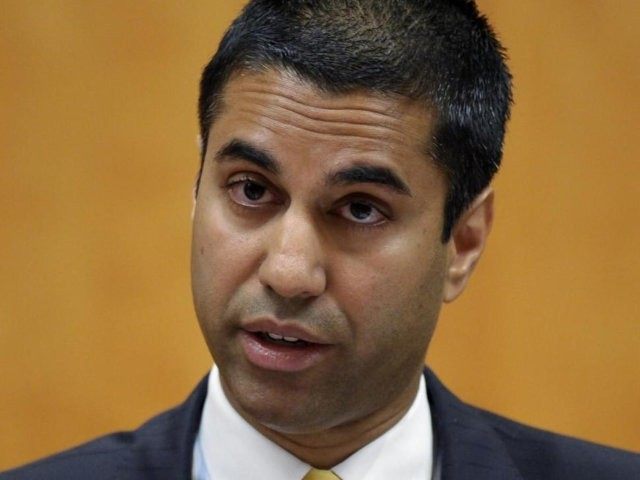On Thursday, the Federal Communications Commission is scheduled to vote on strict new regulations for the Internet, and because the FCC is controlled by Democrats, Barack Obama’s plans for more government control of online traffic may well come true.
FCC Chairman Tom Wheeler, who has reversed his earlier positions, is offering a proposal whereby broadband service providers could not charge websites for faster delivery of their content. In order to justify his new stance, Wheeler bases it on an 80-year-old law called Title II.
According to Forbes, in January 2014, a D.C. appellate court decided to jettison the FCC’s 2010 decision that allowed it to regulate how broadband Internet access providers could or could not manage traffic. The court said Congress never gave the FCC the right to supervise broadband Internet access in the first place. The problem was that a majority of judges in the 2014 case said that if there were a small alteration in the way the agency couched its argument, the FCC could re-issue its rules. Wheeler seized the chance, and in April, the FCC stated that it would be making new rules.
Although Wheeler’s original proposal was rather innocuous, after consumer advocate groups and companies such as Netflix started pressuring him, Wheeler started to turn. And when Barack Obama weighed in, the die was cast. Obama said in November:
So the time has come for the FCC to recognize that broadband service is of the same importance and must carry the same obligations as so many of the other vital services do. To do that, I believe the FCC should reclassify consumer broadband service under Title II of the Telecommunications Act — while at the same time forbearing from rate regulation and other provisions less relevant to broadband services.
Wheeler responded in January by saying in Las Vegas, “When the President said he was for Title II, an effort was made to say that Wheeler and the President are pulling at opposite directions. But wasn’t exactly reality.” He asserted that wireless services had been regulated under Title II all along, based on a provision of the law known as Section 332. Wheeler intoned, “Wait a minute. Section 332 establishes rules for the wireless industry that regulates it under Title II…. That’s worked for twenty years…with billions of dollars of investment as Title II regulated companies.” He concluded, that the U.S. mobile industry was “the most competitive and best and more innovative and best service in the world.”
But in reality, as Forbes points out, “… it is wireless telephone service that is still regulated under Title II as a “common carrier” public utility. And Section 332 also explicitly exempts mobile data services from public utility treatment.” In the 2014 case, the court even stated that “treatment of mobile broadband providers as common carriers would violate section 332.”
The vote on Thursday is likely to prompt heated debate; Republican FCC member Ajit Pai, who opposes Wheeler’s plan, has gone as far as posting a picture on Twitter of himself holding Obama’s “332-page plan to regulate the Internet. I wish the public could see what’s inside,” according to the Los Angeles Times. He and the FCC’s other Republican, Michael O’Rielly, will likely have to battle Wheeler and the two Democrats on the board.
Contrary to some rumors that the GOP will accept the new rules lying down, Senator John Thune tweeted, “Claims that Republicans conceded on #NetNeutrality are a mischaracterization. I am committed to a legislative solution to @FCC power grab.”
Arguments against Wheeler’s proposal, according to Mashable, include:
- It gives the government more power over the Internet; as Joshua Steimie wrote in Forbes, “Don’t be surprised if that means the government needs to be able to install its own hardware and software at critical points to monitor Internet traffic. Once installed, can we trust this government, or any government, to use that access in a benign fashion?”
- The proposal flies in the face of a free market: former FCC Chairman wrote handing the FCC the power to regulate rates for broadband would “fracture confidence that our national broadband policy rests squarely on a light regulatory foundation. Network investment would suffer, and the push to reach more households would slow.”
- Stating that the Internet is a common carrier service would not prevent cable companies like Comcast from initiating tiered pricing.
The FCC will also vote on another proposal from Wheeler that would preempt state laws in North Carolina and Tennessee that inhibit communities from creating their own broadband networks.

COMMENTS
Please let us know if you're having issues with commenting.